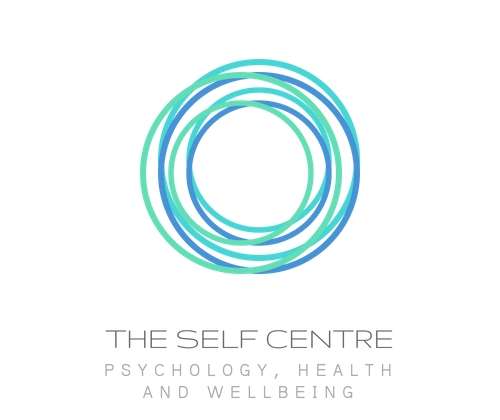
The Impact of Emotionally Immature Parents
by Lyndsay Babcock
Principal Clinical Psychologist & Director
Understanding the Roots of Over-Responsibility, Guilt, and Burnout
As a clinical psychologist, I often work with individuals who, despite their best efforts, find themselves overwhelmed by feelings of guilt, burnout, and a constant drive to take care of everyone around them. This pattern is more common than you might think, and often it stems from something many don’t immediately recognise: growing up with emotionally immature parents.
If you’re someone who’s been trapped in cycles of self-sacrifice and emotional exhaustion, you’re not alone. Many adults who were raised by parents who couldn’t provide consistent emotional support often carry these childhood dynamics into their adult lives. The impact can be profound, leading to a sense of over-responsibility, chronic guilt, and self-neglect—all of which can manifest as burnout.
What is Emotional Immaturity in Parents?
Emotionally immature parents are those who struggle to regulate their own emotions or provide a safe emotional environment for their children. They might act unpredictably, with outbursts of anger, emotional withdrawal, or even turn to their children for emotional support—creating a role reversal where children are forced to manage their parents’ emotional needs. This is not just a one-off situation; it becomes a pattern of behaviour that can feel like emotional chaos for the child.
In my work, I see clients who were raised in such environments, often developing survival mechanisms like over-responsibility. They learned early on to suppress their own feelings because their parents’ emotional needs took precedence. This could look like a child who feels they must be the emotional caretaker for their parents, or someone who learned to keep the peace by stifling their own emotions.
The Adult Impact: Over-Responsibility, Guilt, and Self-Neglect
As adults, these early coping strategies often become ingrained. Many of my clients, who grew up in homes with emotionally immature parents, struggle with a deep sense of over-responsibility. They feel it is their duty to take care of everyone else’s needs, often at the expense of their own. They might say “yes” to every request, despite being emotionally drained, or feel compelled to solve others’ problems, even when it leaves them feeling empty.
Along with this over-responsibility comes an overwhelming sense of guilt. Many clients I see constantly feel like they’re not doing enough, even though they’re juggling multiple responsibilities. The guilt can be paralysing, creating a vicious cycle where they continue giving to others, but never feel like they’re receiving what they need in return.
This sense of guilt and over-responsibility often leads to self-neglect. They put their own needs last, sacrificing their own well-being in order to meet the emotional or practical demands of others. In therapy, I often see this play out as chronic burnout—clients feeling emotionally, mentally, and physically exhausted with no energy left for self-care.
Breaking the Cycle: Healing from Emotionally Immature Parenting
If this sounds familiar, it’s important to know that healing from these childhood experiences is possible. Recognising the impact of emotionally immature parenting is the first step toward breaking free from these patterns. But it takes time, effort, and compassion.
The first step is self-awareness. Many of my clients initially don’t recognise how much of their current behaviour stems from their childhood experiences. Once they see the connection, it becomes easier to challenge the deep-seated belief that their needs don’t matter. Therapy can help unpack these patterns, helping clients see how they developed these survival mechanisms and how they can begin to change them.
Learning to set boundaries is key in this process. It’s common for those with emotionally immature parents to feel selfish when saying “no” or prioritising their own needs. But in reality, these actions are essential for self-preservation. You can’t pour from an empty cup, and learning to care for yourself is vital to creating a more balanced, healthy life.
Small steps can make a big difference. For example, start by noticing when you’re about to say “yes” out of guilt. Ask yourself: “Is this really my responsibility? Will this help me, or will it drain me?” These small pauses can help create space for self-compassion and give you the chance to reclaim your emotional health.
Final Thoughts: It’s Never Too Late to Heal
The journey of healing from emotionally immature parenting isn’t easy, but it is incredibly worthwhile. It’s about more than just understanding your past; it’s about creating a future where your emotional needs are valued and met. With self-awareness, patience, and support, you can break free from the cycles of over-responsibility, guilt, and burnout.
Remember, it’s never too late to make changes that allow you to live a more authentic and emotionally healthy life. You are deserving of care, rest, and space to nurture your own well-being. It all starts with recognising the impact of your past, understanding its influence on your present, and taking the first step toward healing.
